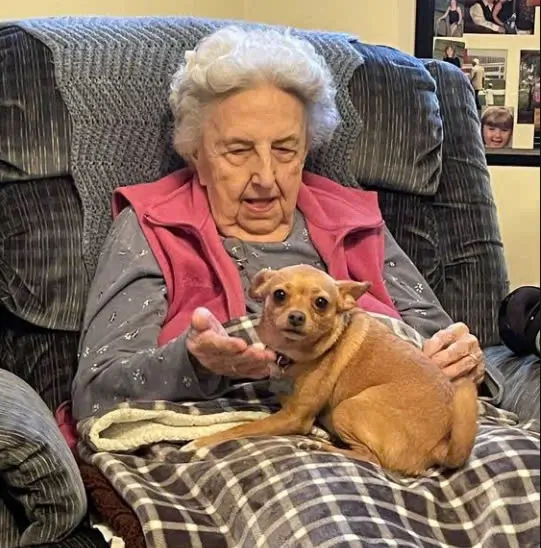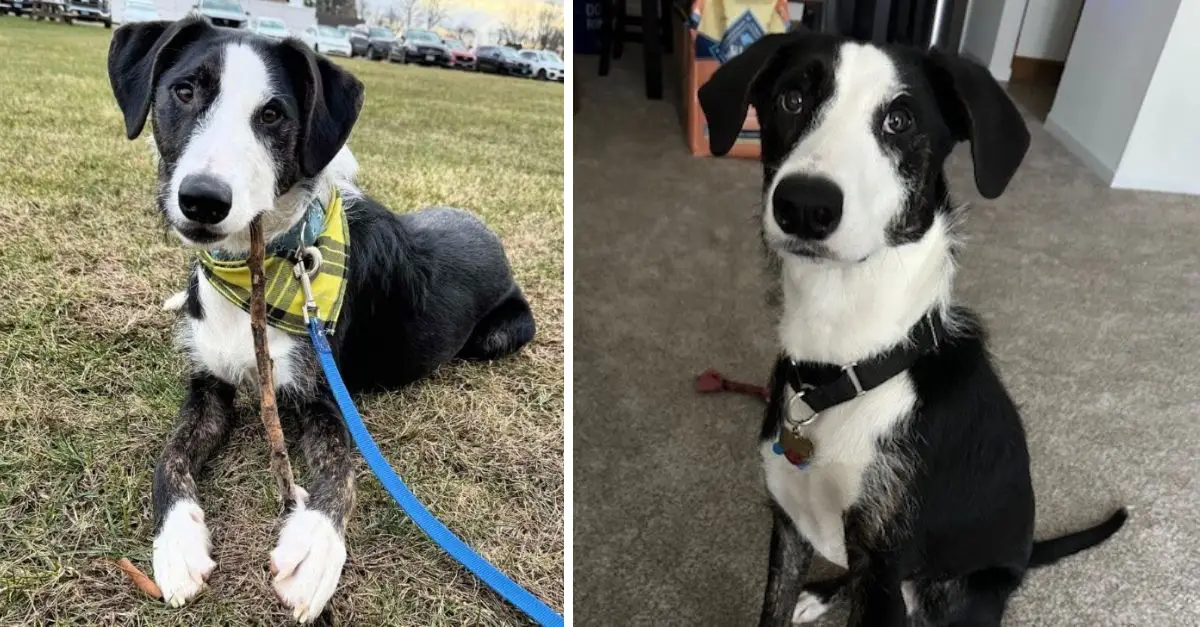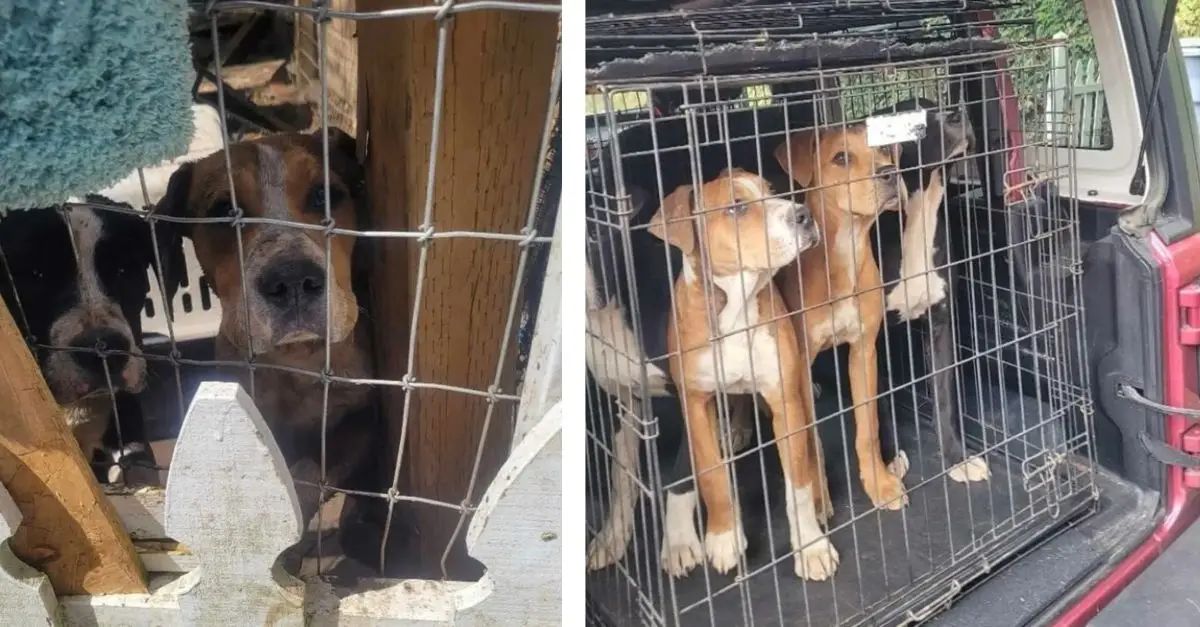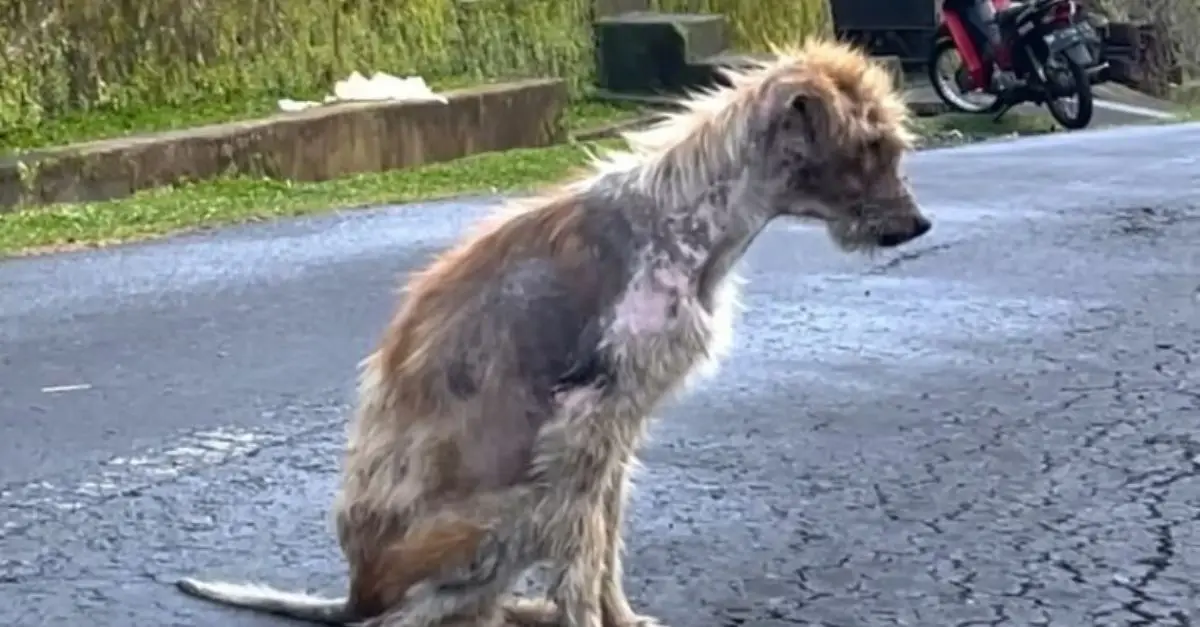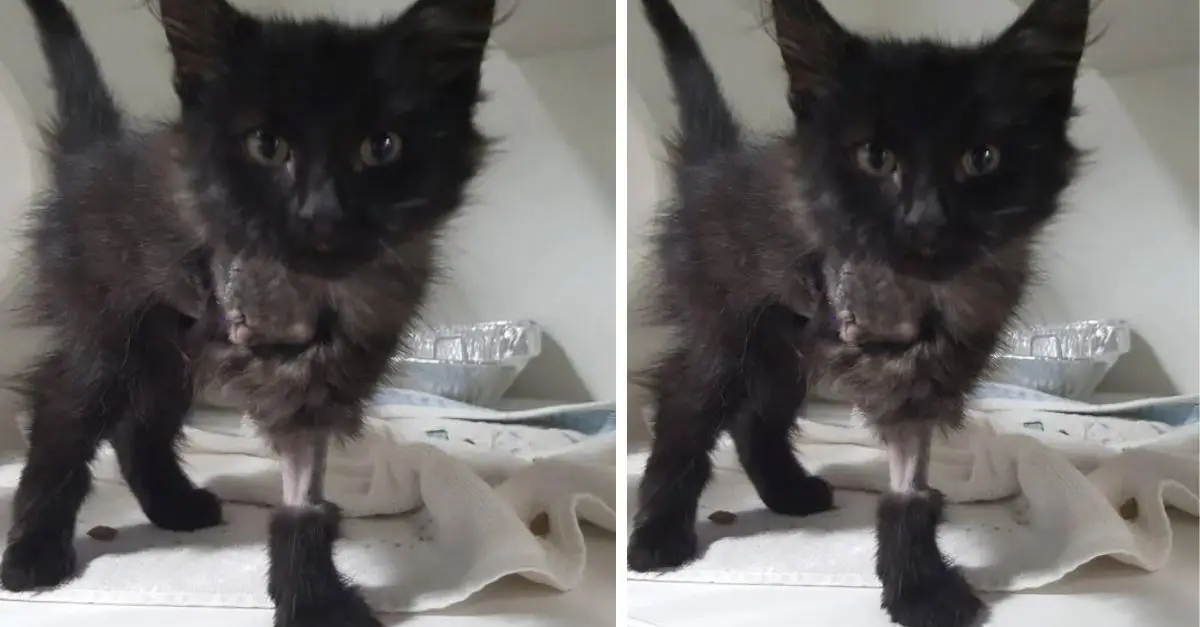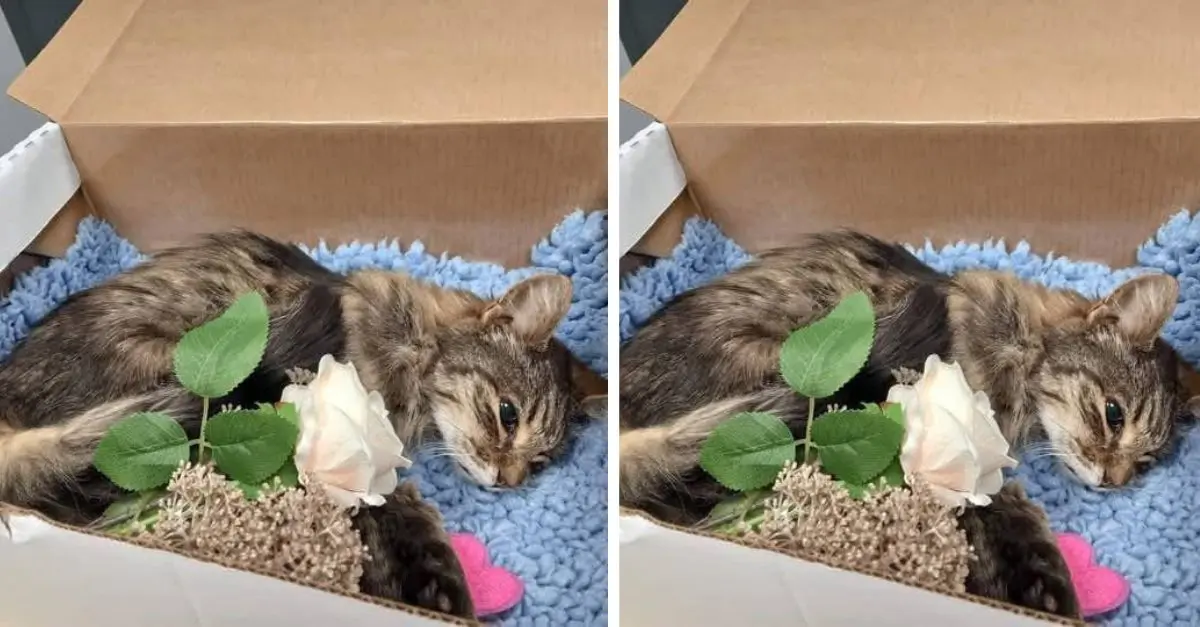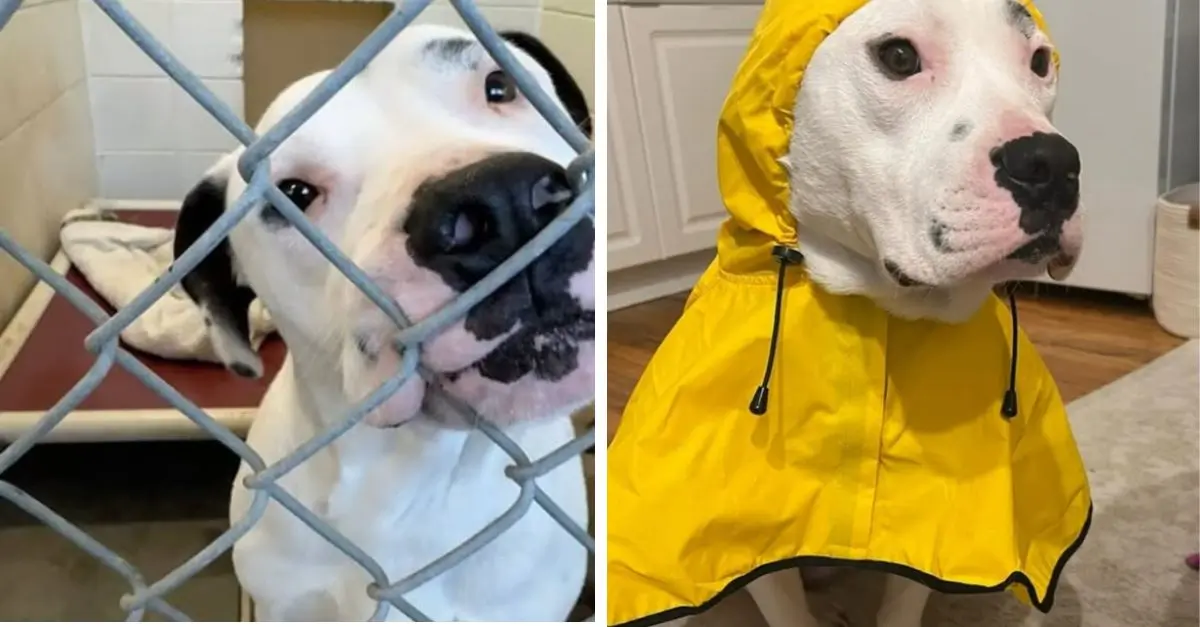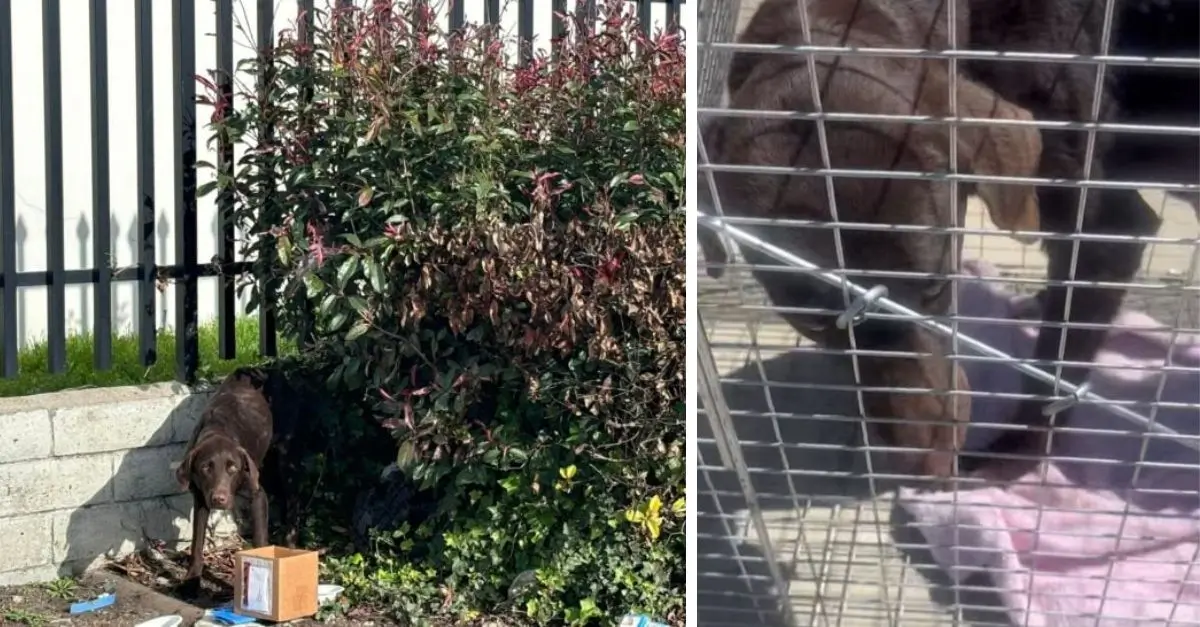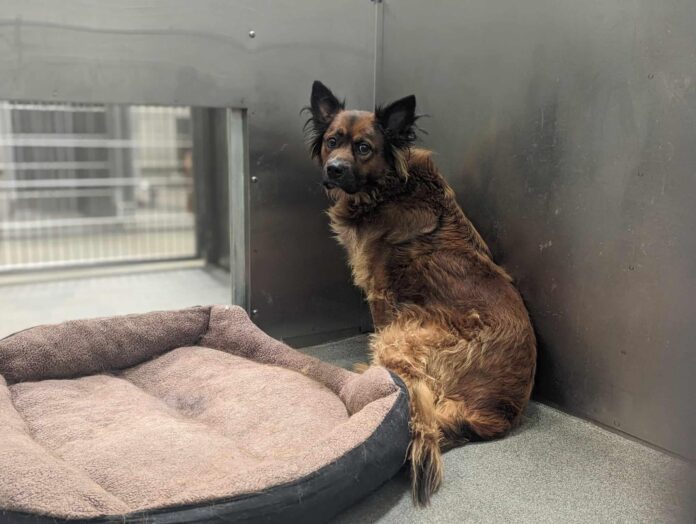In a quiet little village, there lived an elderly woman named Agnes. At the age of seventy-five, Agnes had seen much in her lifetime, including joy and heartache. She had lived alone since the passing of her husband a few years prior, and the loneliness weighed heavily on her heart. With no children or close relatives nearby, her days often felt long and dreary, filled only with memories of happier times.
One rainy afternoon, as Agnes walked to the local market, she stumbled upon a small, shivering puppy huddled under a shop awning. Its fur was matted, and its eyes looked up at her with a mixture of fear and hope. Without hesitation, Agnes knelt down, and in that moment, her heart melted. She wrapped her arms around the tiny creature, feeling a spark of warmth in her chest that she hadn’t experienced in a long time.
After bringing the puppy home, Agnes decided to name him Buddy. From that day forward, Buddy became her constant companion. He followed her everywhere, his tiny paws pattering against the wooden floors of her quaint cottage. The joy he brought to her life was palpable; he greeted her every morning with excited yaps and an endless supply of affection. Buddy thrived under Agnes’s care, growing into a playful and loving dog who would often curl up beside her as she read her books or tended to her garden.
Agnes found herself laughing more, her spirits lifted by Buddy’s playful antics. Whether it was chasing after his favorite squeaky toy or snuggling up next to her on chilly evenings, Buddy brought a renewed sense of purpose to her life. The companionship was mutual; Buddy seemed to sense Agnes’s loneliness and offered her unwavering loyalty and love. He would rest his head on her lap, making her feel needed and cherished.
However, as the months passed, Agnes faced challenges that tested her newfound happiness. She began to struggle with her health, often feeling fatigued and short of breath. Despite these difficulties, Buddy remained by her side, encouraging her with his presence. He seemed to have an instinct for when she needed him most. On particularly hard days, when Agnes felt like giving up, Buddy would nuzzle her hand, reminding her that she was not alone.
There were nights when Agnes would lie awake, worrying about her future and what would happen to Buddy if she were no longer around. The thought of leaving him behind filled her with dread. Yet, in those moments of despair, she would look at Buddy’s innocent face, and her heart would swell with gratitude. He had become her reason to keep pushing forward, to find strength in the face of adversity.
In time, Agnes sought help from a nearby community center, where she began attending support groups for seniors. It was here that she found a network of friends who also understood the weight of loneliness. Buddy would accompany her, sitting quietly beside her as she shared her stories. The presence of her furry companion sparked conversations with others, forging new friendships that brightened her days even further.
As her health improved, so did Agnes’s outlook on life. With Buddy’s unwavering support, she began to embrace each day, no matter how challenging it might seem. Together, they took walks in the park, enjoyed sunny afternoons in the garden, and even celebrated their little victories—like when Buddy learned a new trick or when Agnes cooked a hearty meal.
Through it all, the bond between Agnes and Buddy deepened. The love and joy they shared were a testament to the healing power of companionship. Agnes often reflected on how that fateful rainy day changed her life. If it hadn’t been for Buddy, she knew she might still be trapped in a cycle of loneliness and despair. Instead, she had found purpose, strength, and a reason to smile.
Thanks to Buddy, Agnes realized that life could be beautiful even in the twilight years. As she watched him play in the garden, she felt a sense of peace wash over her. In his playful barks and loving gaze, she found a reminder that love knows no bounds, and it can heal the deepest wounds. Together, they faced the world, proving that sometimes, the most profound connections come from the most unexpected places.
